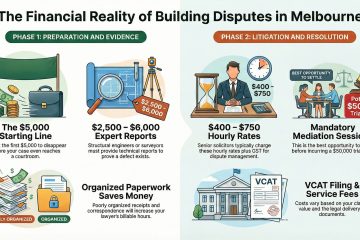Some attorneys adhere to a standard fee structure, while others use various techniques for setting fees. Typically, attorneys who specialize in highly specialized fields tend to command the highest salaries.
Hourly rates are the preferred method for clients to compensate their lawyers, while online credit card payments offer convenience, efficiency, and familiarity for both sides.
Retainers
Retainer fees are upfront payments that ensure a lawyer’s availability and cover initial legal fees and expenses. They can be paid using various types of retainers, from security retainers and advance payment retainers to credit cards. No matter the form, it is crucial that upfront communication and transparency between client and attorney occur in order to avoid misunderstandings and ensure services meet your budget constraints.
Retainer fees offer many advantages to both lawyers and clients alike, but there may be misconceptions surrounding their use. Retainers incentivize efficiency while helping clients remain in control of legal costs. Legal technology solutions like Clio can automate recurring payments and reminders for renewing retainers – saving both time and ensuring your billing process complies with IOLTA regulations.
Hourly rates
Hourly rates are an effective and common method of charging clients for legal services, but they may differ based on practice area and region. Therefore, lawyers should compare their hourly rates against market rates to ensure they offer value to clients and remain competitive in pricing structures.
Billable and non-billable hours must be carefully distinguished. Non-billable hours include time spent on professional development, firm meetings, or networking events – hours that don’t count against billable time limits. Attorneys should keep in mind that non-billable hours reduce available hours for billable work.
Many new attorneys find themselves working hard to meet their billable hour requirements. Unfortunately, this can result in stress and burnout; however there are ways you can make time management simpler so you stay on track.
Flat fees
Flat fees provide clients with greater cost certainty while providing attorneys an opportunity to set prices based on hard evidence rather than simply what one of their competitors charges.
However, flat fees can be risky for both attorney and client. Lawyers could underestimate how long a case will take and lose money; additionally, should it turn out more complex than anticipated, an attorney cannot charge extra as this would not allow them to recover any time already invested into this matter.
As such, many law firms are starting to shift away from flat fee billing and toward more transparent pricing strategies, saving both time and hassle when it comes to invoicing narratives and work reports.
Contingency fees
Contingency fees have become synonymous with car accident lawyer commercials. Under this fee arrangement, lawyers charge a set percentage (usually 33% or one third) of final damages awarded to their clients as their payment for legal representation without incurring high upfront costs or hourly charges. It provides injured people accessing justice without incurring large upfront costs or hourly fees.
Lawyers working on contingency bases are incentivized to ensure their clients get maximum compensation from their case. There are rules regarding these fees, so always consult your lawyer prior to agreeing on one – these may vary by state and even have specific laws regulating how much lawyers can charge their clients.
Settlements
When you receive a settlement, your lawyer may deduct fees from it based on court rulings and agreements between yourself and them. Usually this deduction takes the form of 33 1/3% up to $1 Million compensation and 20% over this amount as expenses.
Once your check clears, your attorney will deposit it in an escrow or trust account so as to keep it separate from their personal and business funds. From there they will pay any debts or expenses related to the case before sending any remaining money to you.
Many Palestinians regard settlements as an obstacle to peace, proposing solutions such as forced evacuations, construction freezes and land swaps; however, none have met with mutual satisfaction on either side.


